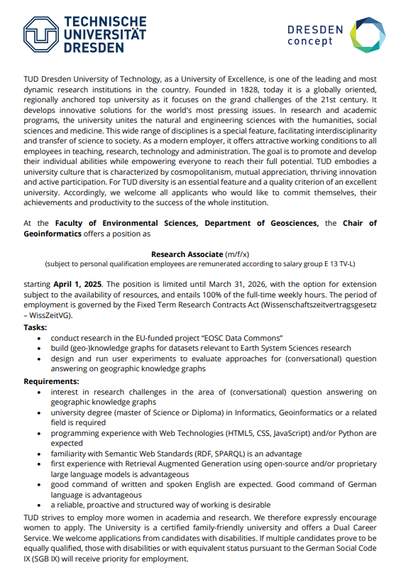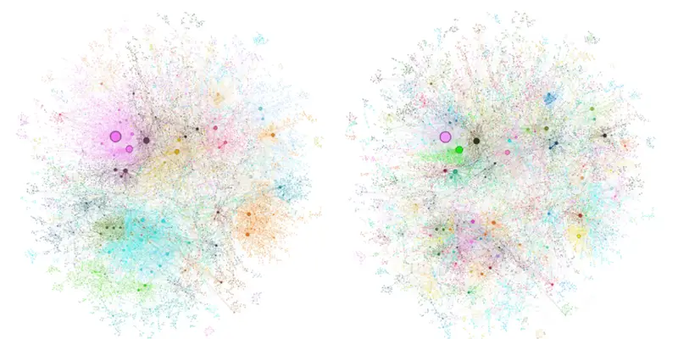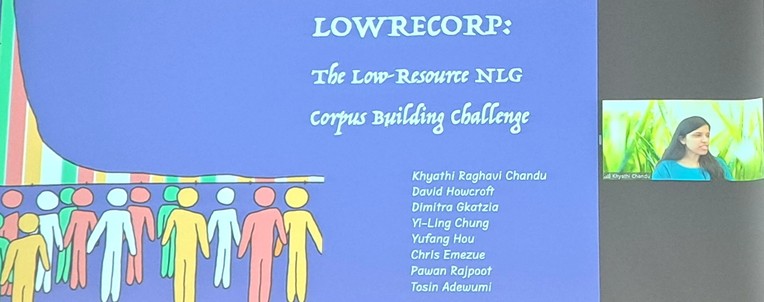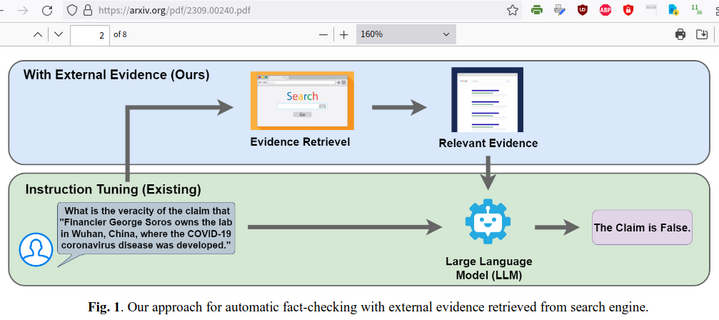#TechNews: #Qwen Releases New #VisionLanguage #LLM Qwen2-VL 🖥️👁️
After a year of development, #Qwen has released Qwen2-VL, its latest #AI system for interpreting visual and textual information. 🚀
Key Features of Qwen2-VL:
1. 🖼️ Image Understanding:
Qwen2-VL shows performance on #VisualUnderstanding benchmarks including #MathVista, #DocVQA, #RealWorldQA, and #MTVQA.
2. 🎬 Video Analysis:
Qwen2-VL can analyze videos over 20 minutes in length. This is achieved through online streaming capabilities, allowing for video-based #QuestionAnswering, #Dialog, and #ContentCreation. #VideoAnalysis
3. 🤖 Device Integration:
The #AI can be integrated with #mobile phones, #robots, and other devices. It uses reasoning and decision-making abilities to interpret visual environments and text instructions for device control. #AIAssistants 📱
4. 🌍 Multilingual Capabilities:
Qwen2-VL understands text in images across multiple languages. It supports most European languages, Japanese, Korean, Arabic, Vietnamese, among others, in addition to English and Chinese. #MultilingualAI
This release represents an advancement in #ArtificialIntelligence, combining visual perception and language understanding. 🧠 Potential applications include #education, #healthcare, #robotics, and #contentmoderation.
https://github.com/QwenLM/Qwen2-VL



